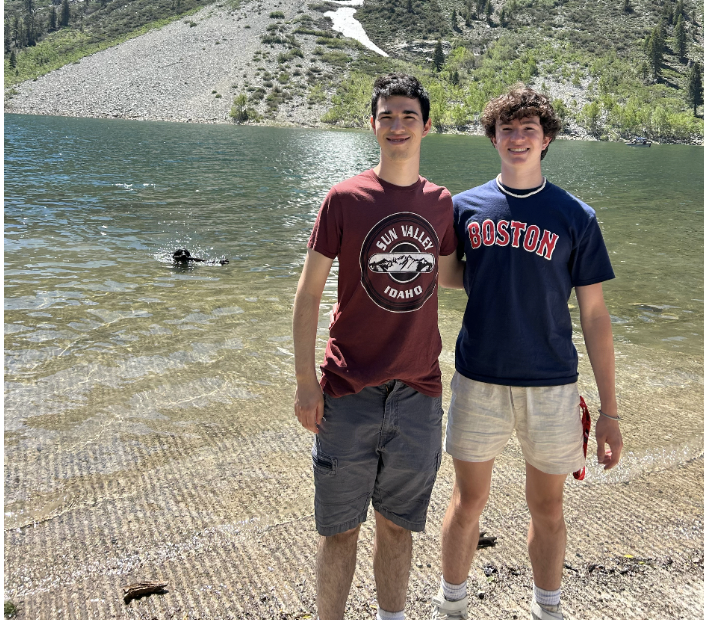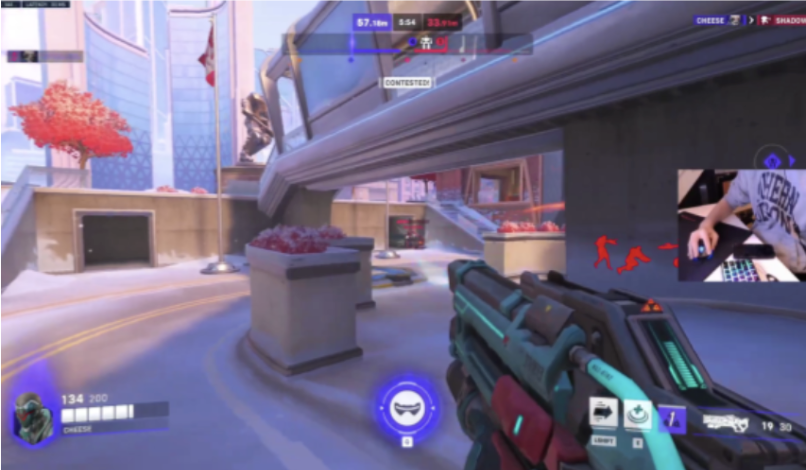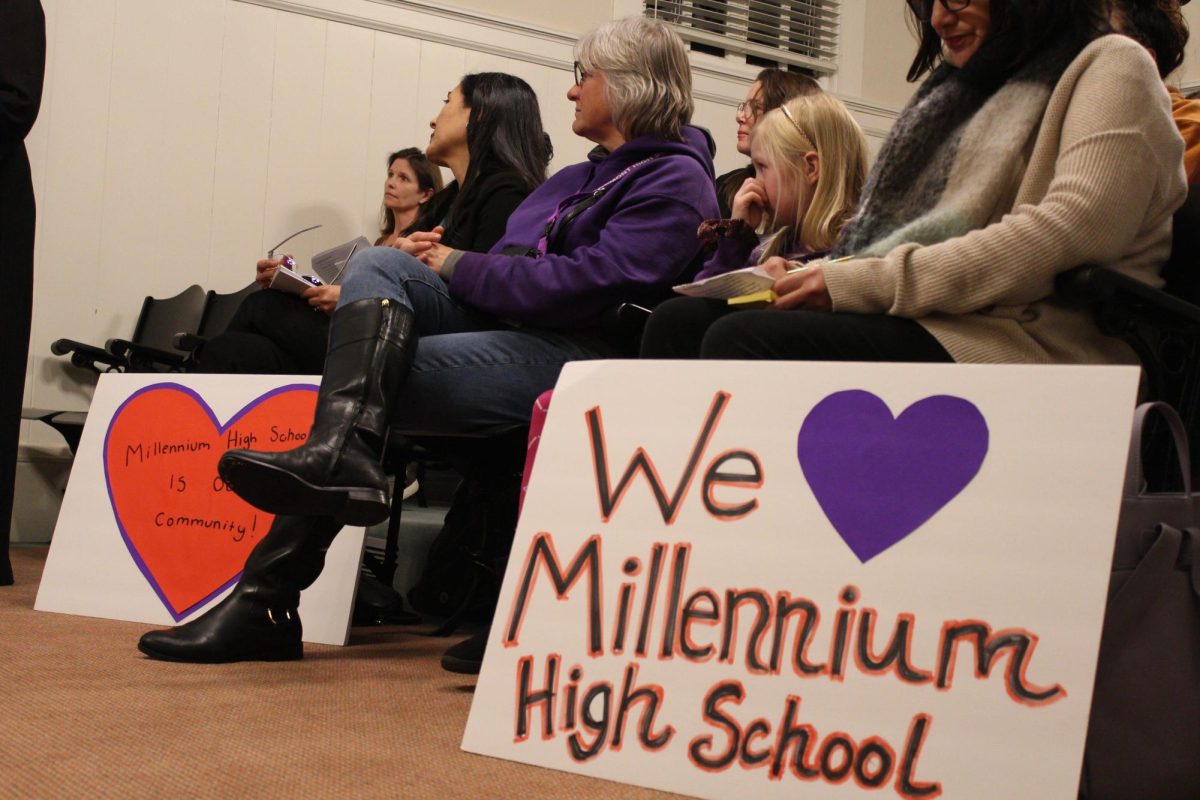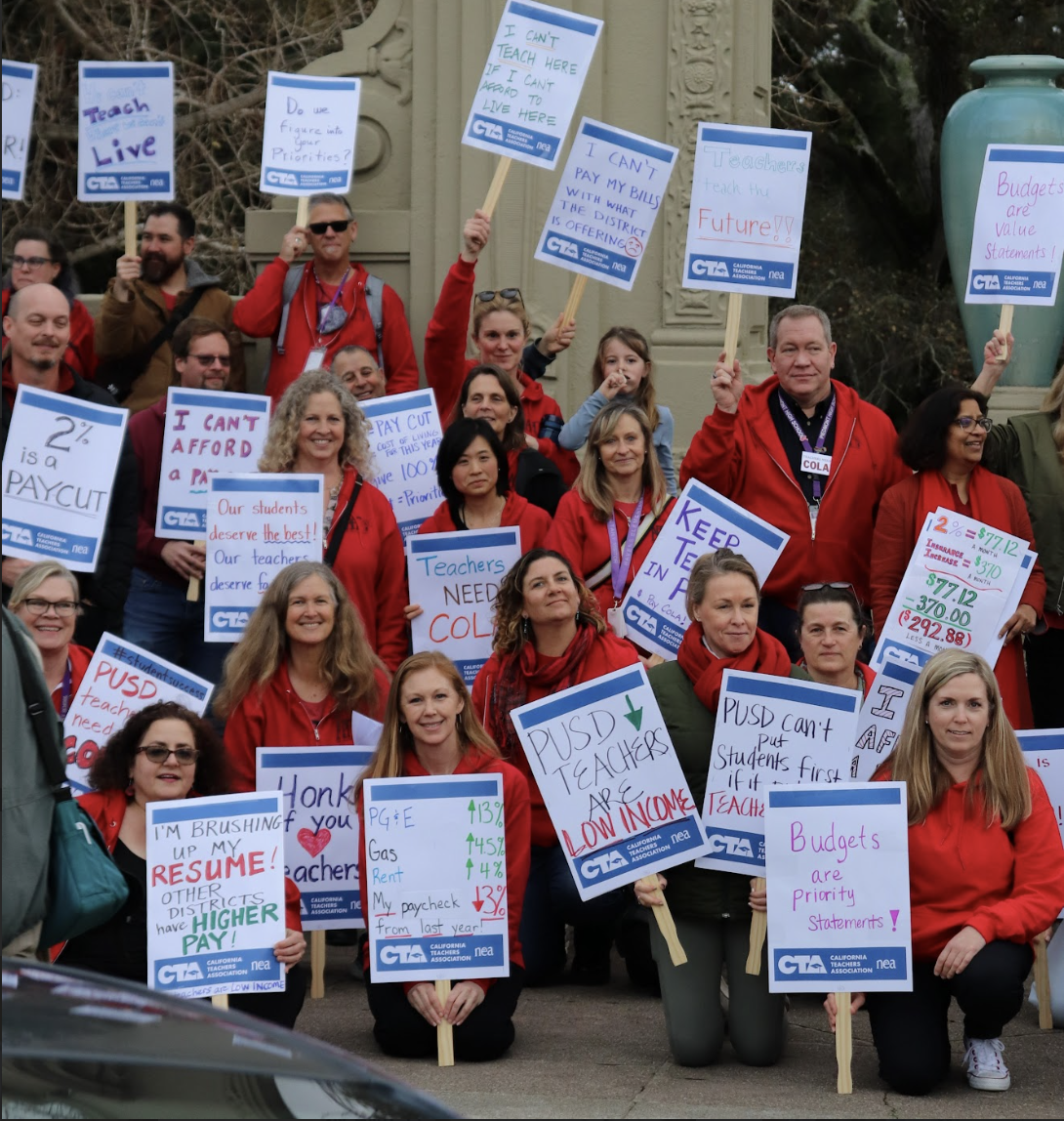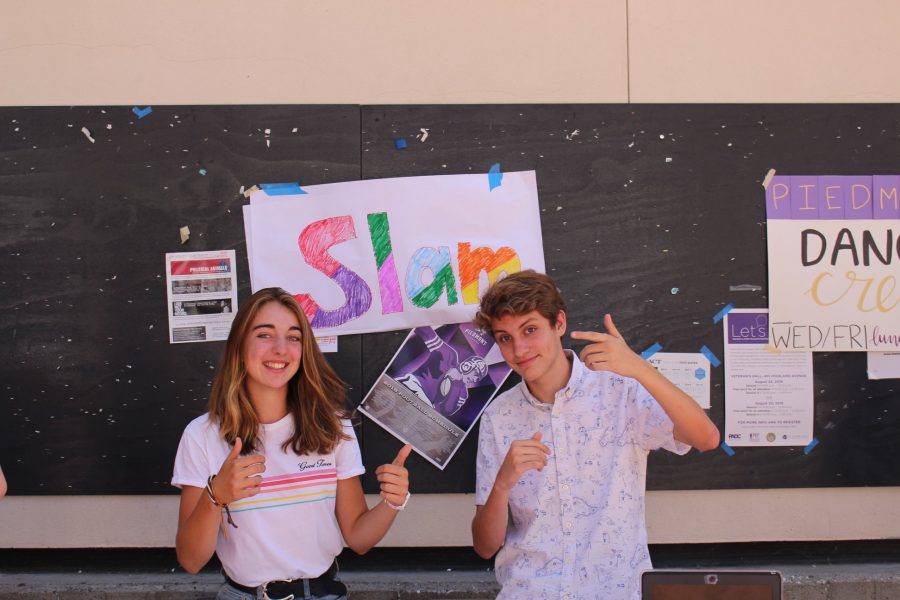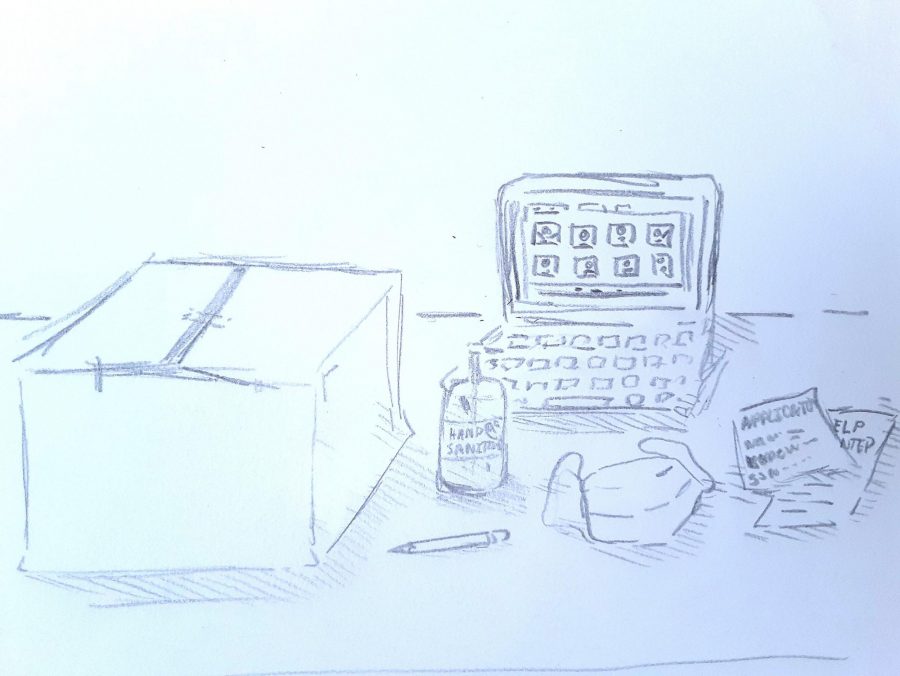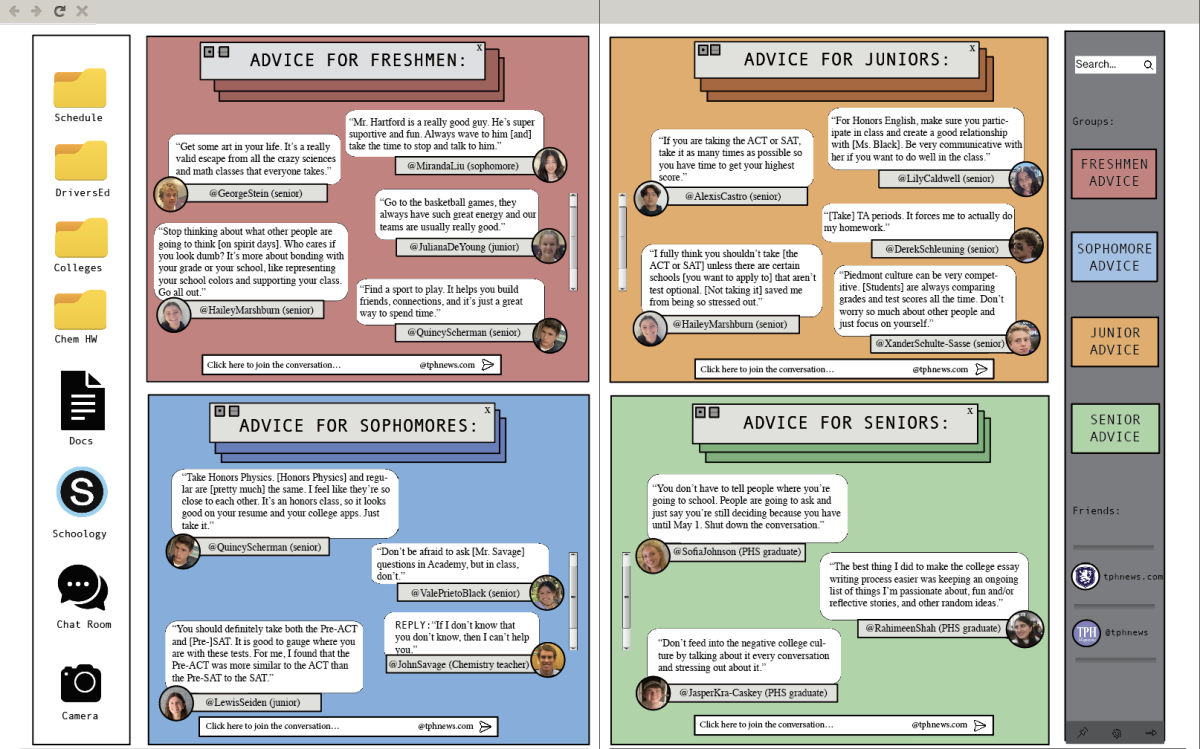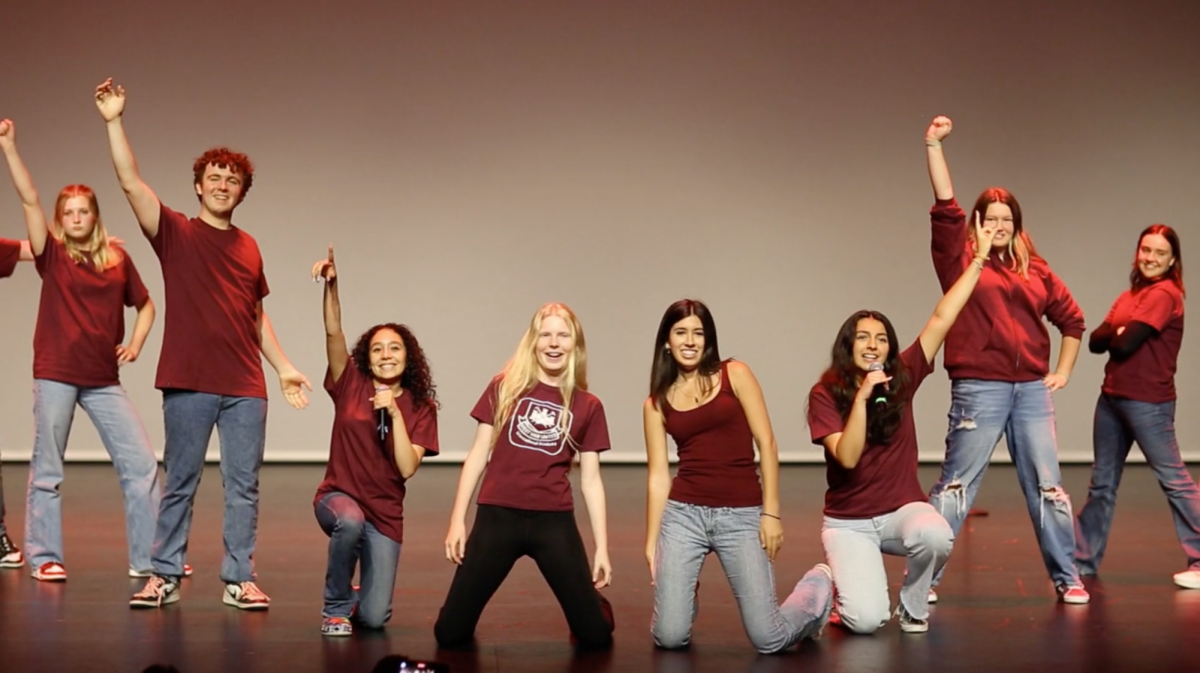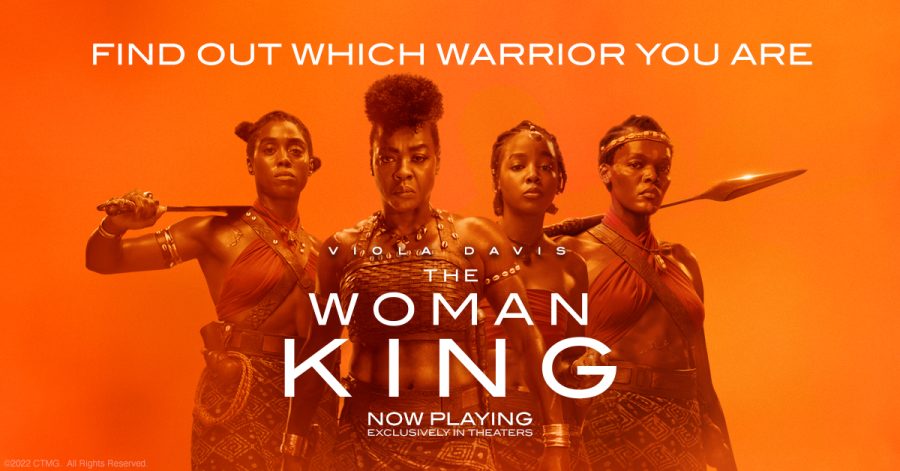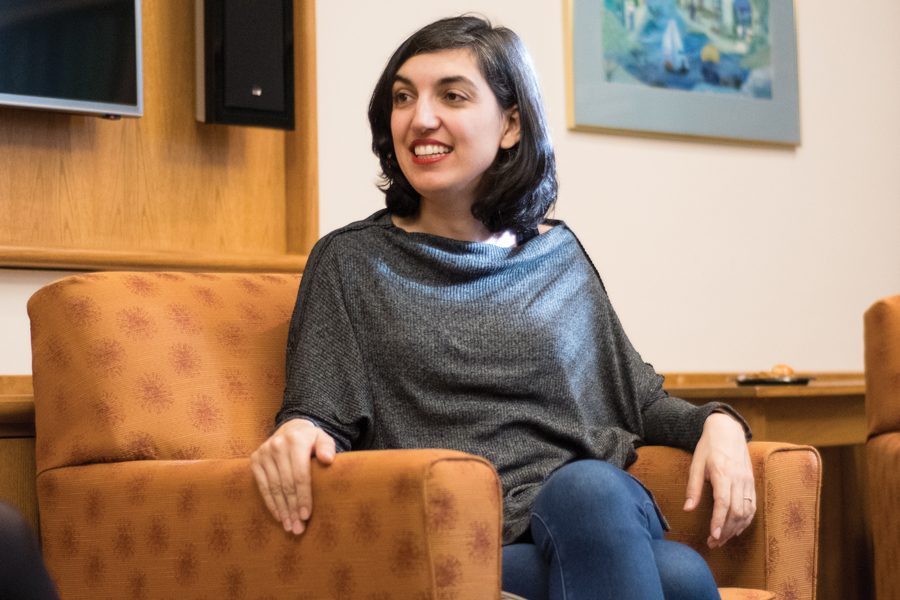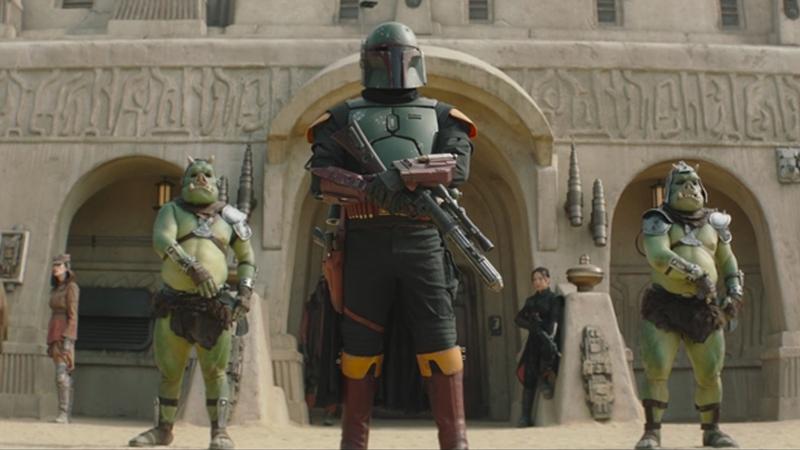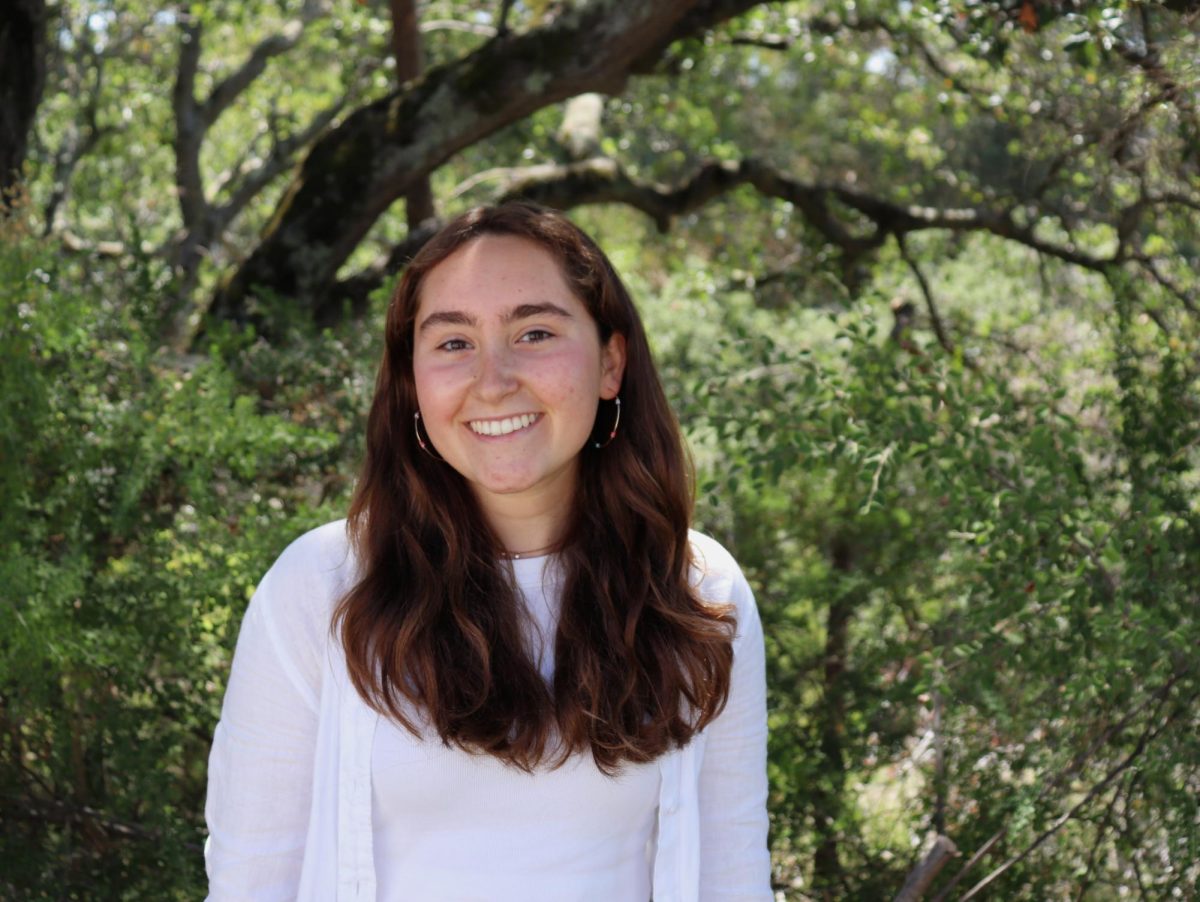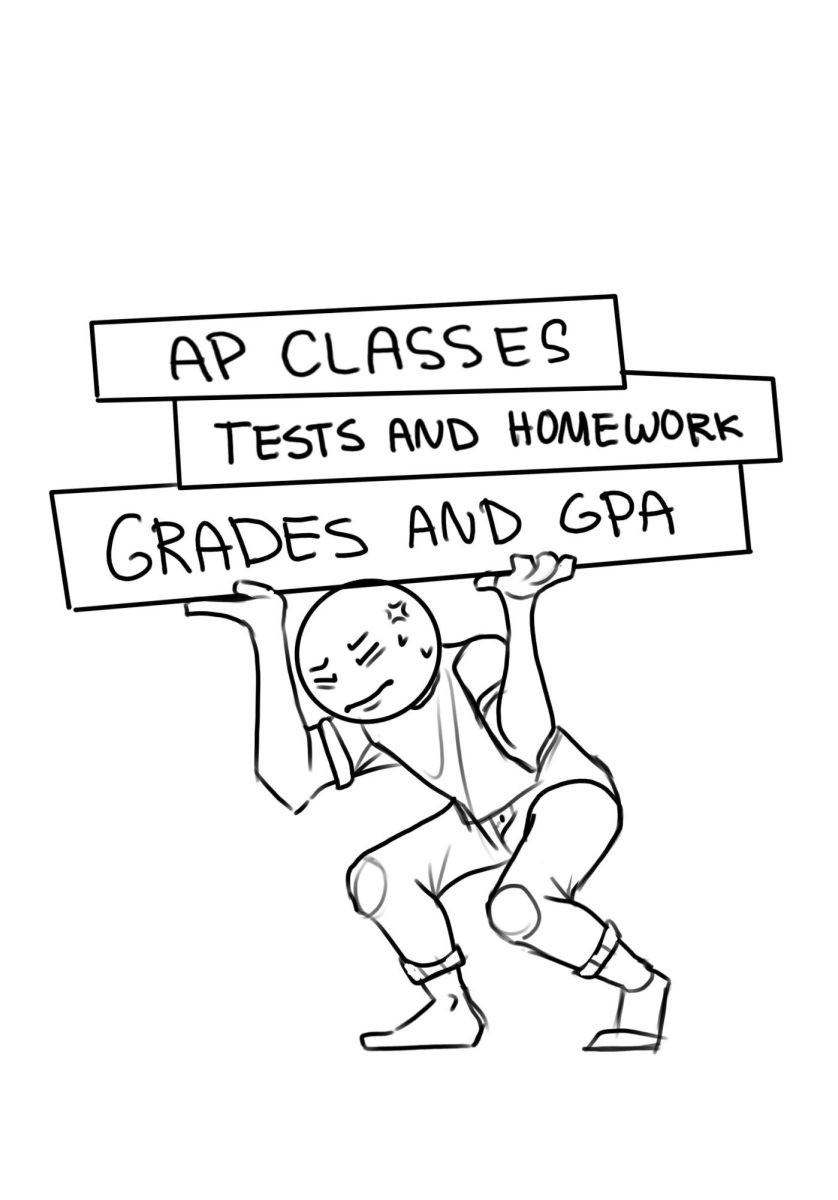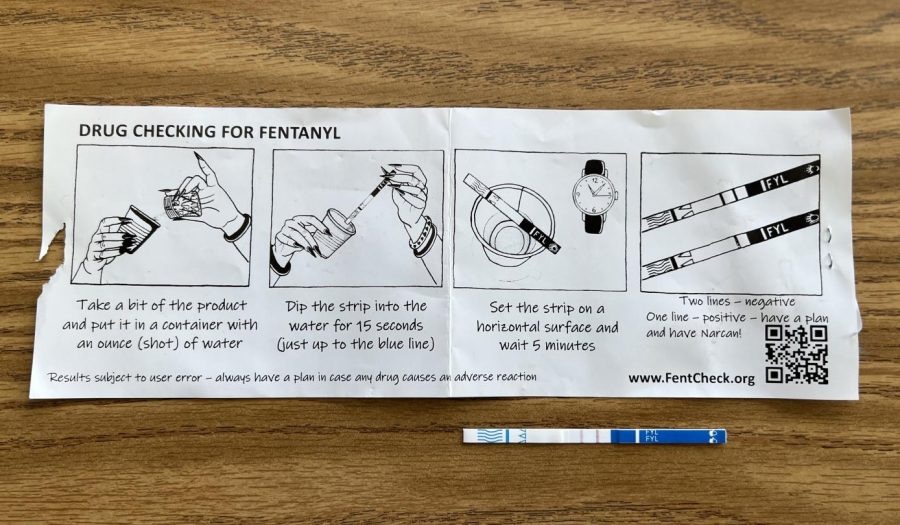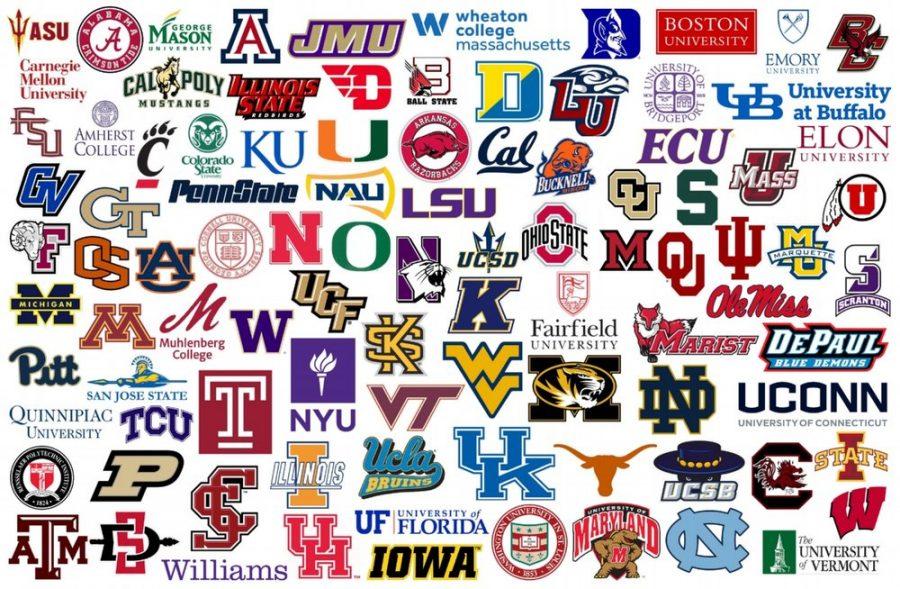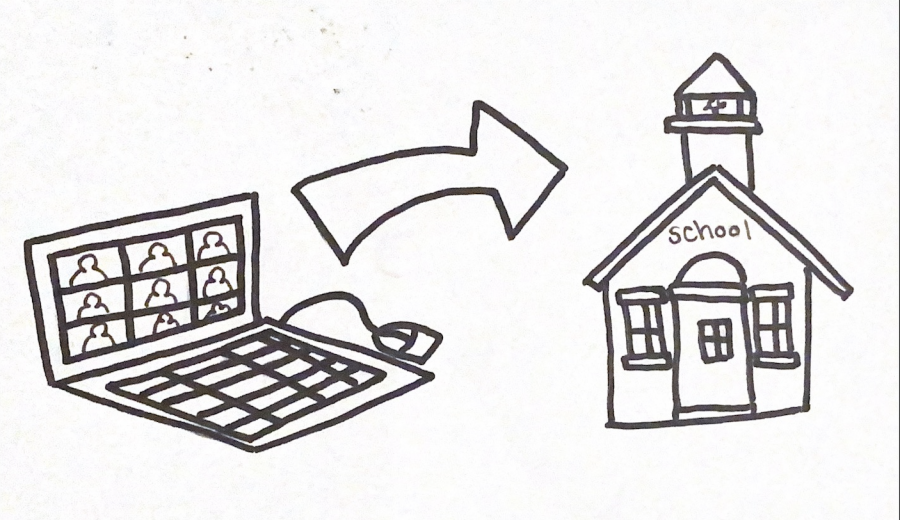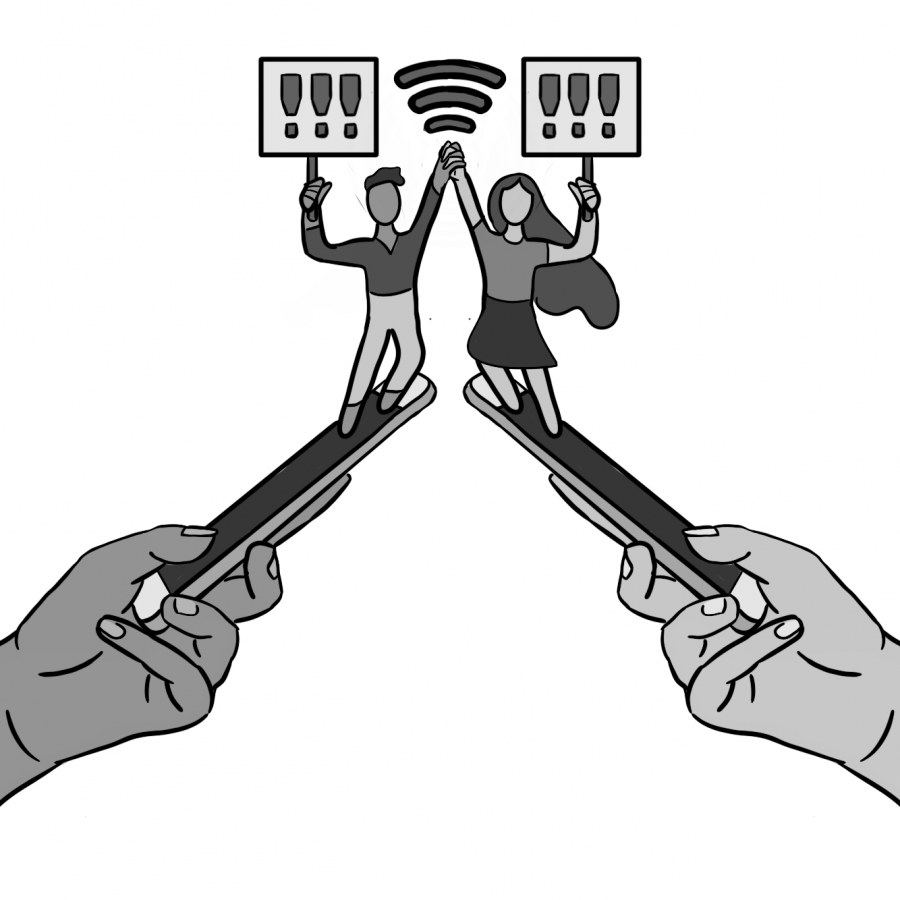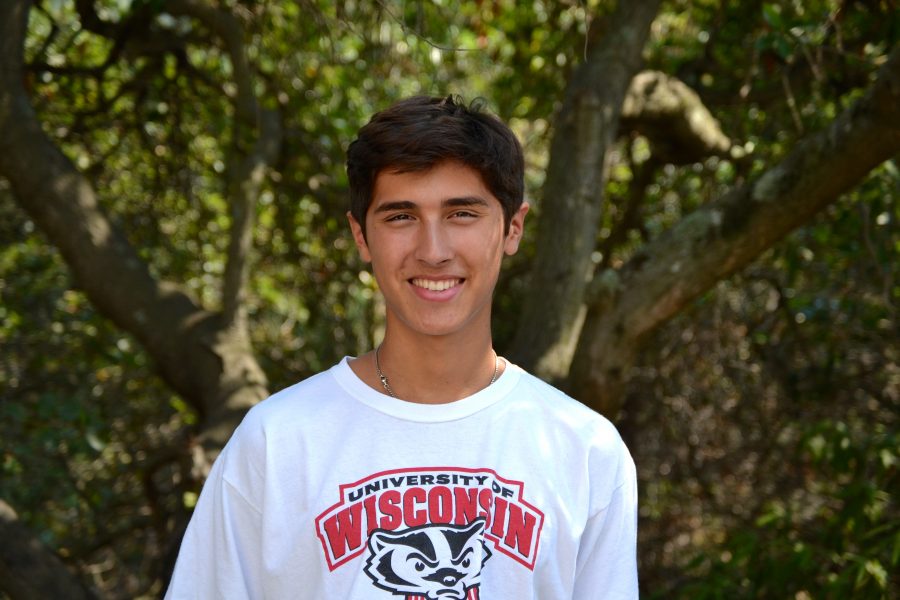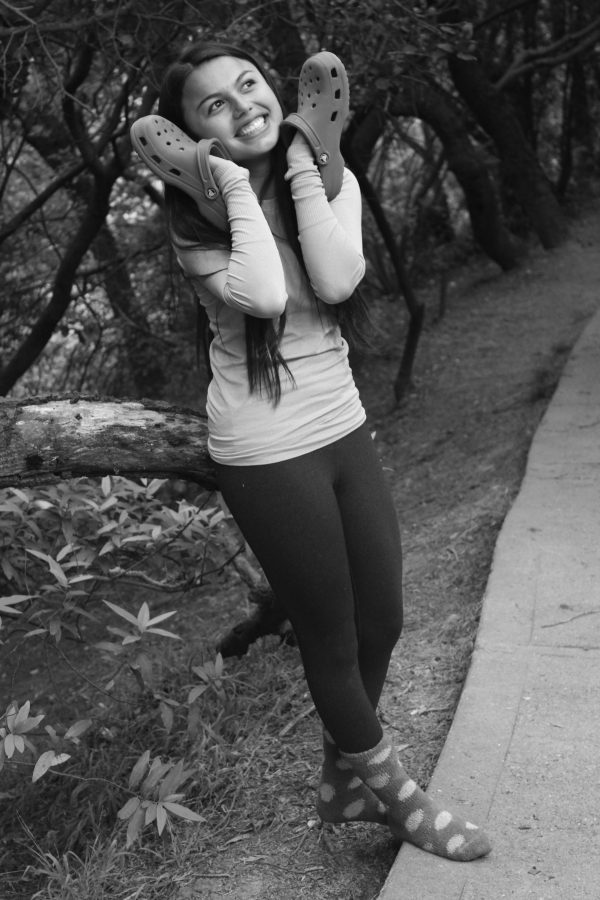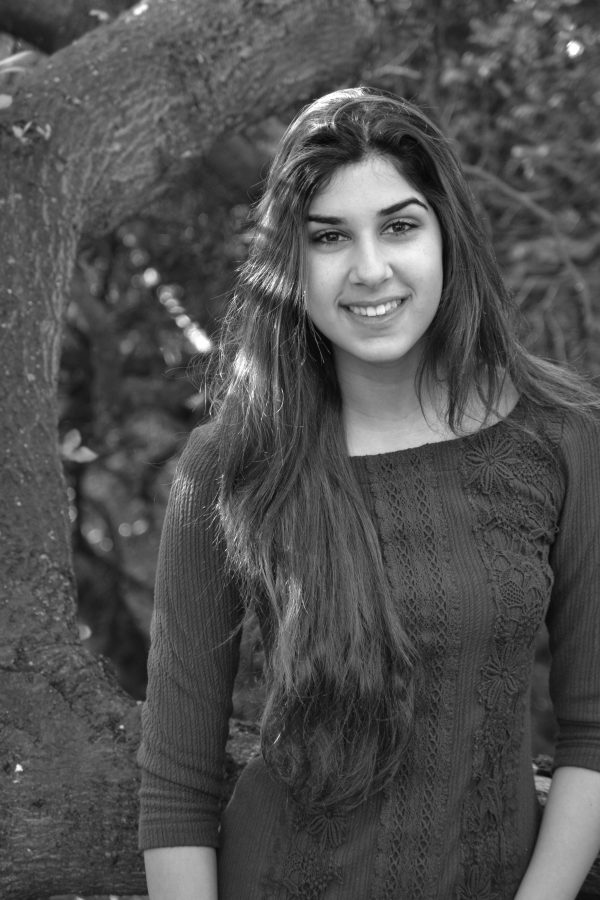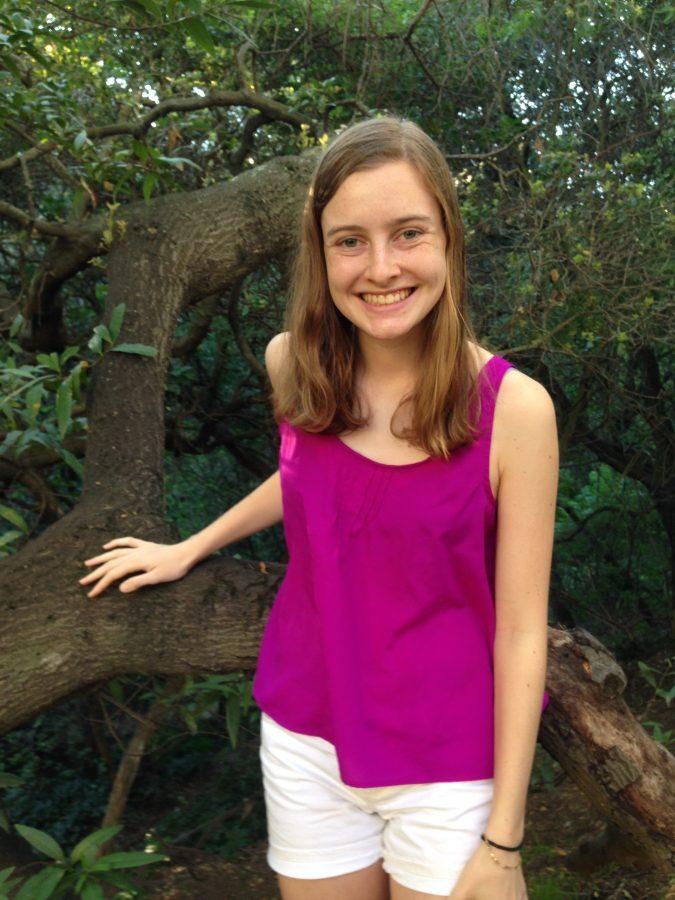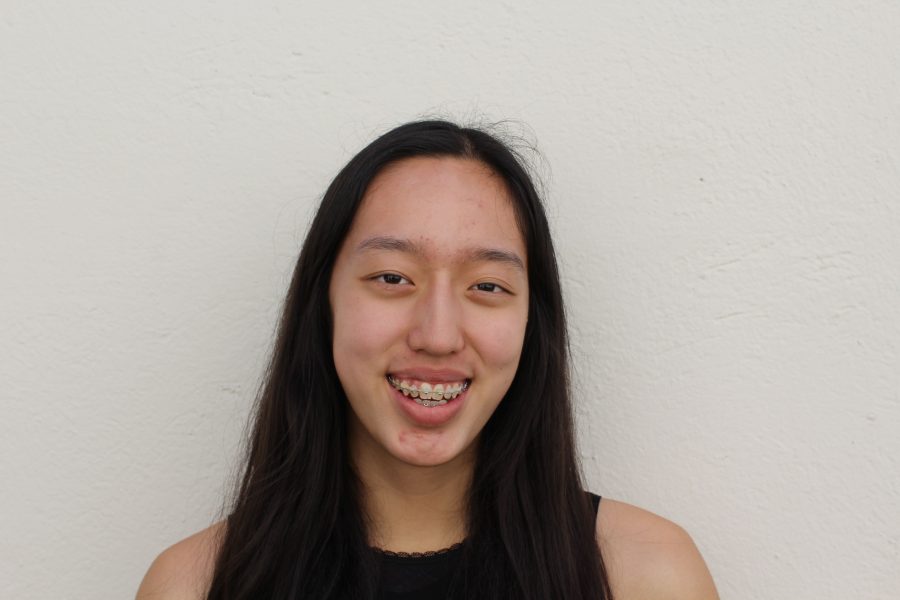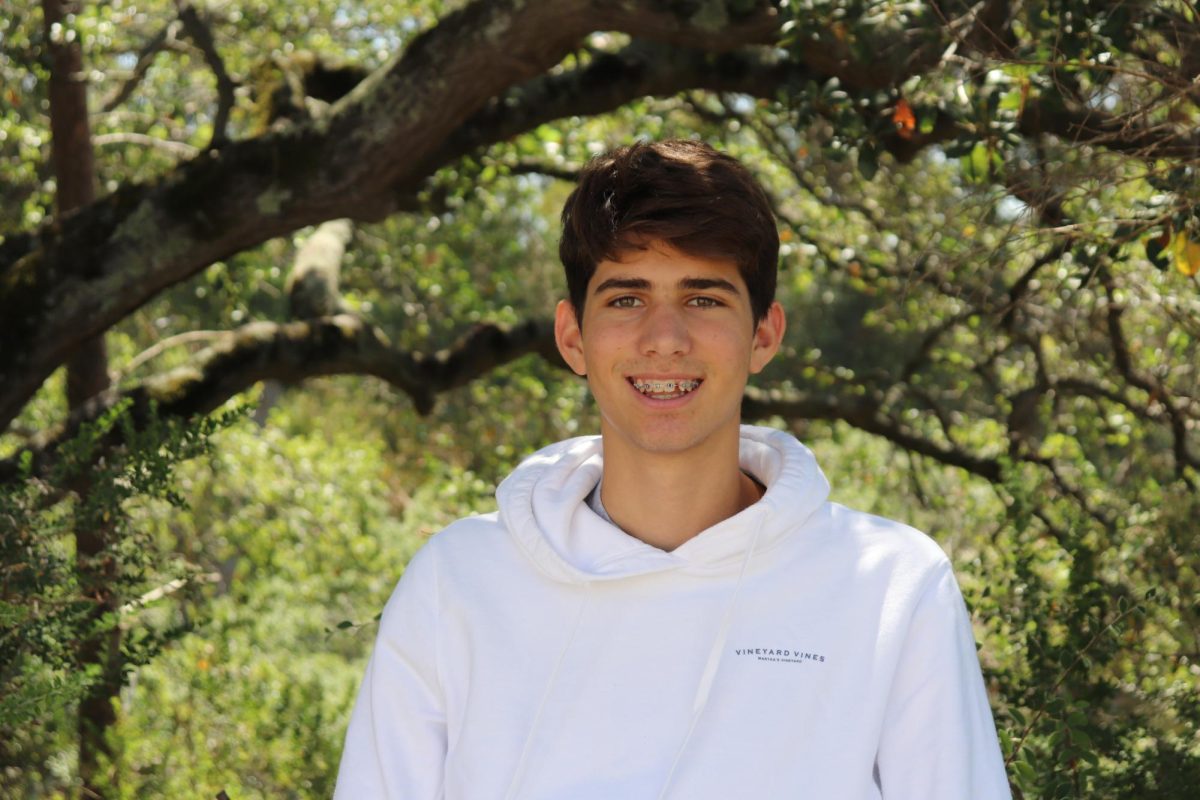The Bay Area has a lot of dirty words. Oakland is the fourth most liberal city in the U.S. and San Francisco is first, according to Forbes — and growing up here, we’ve been trained to attack ignorant language and condemn those who slip up. Streams of Facebook posts declare war against microaggressions and document the anti-American remarks of certain unnamed politicians, which do indeed endanger our nation’s pursuit of a more perfect equality.
However, our tendency to crack down on politically incorrect slip-ups sometimes creates a repressive atmosphere where no real understanding of other backgrounds can be reached. Instead of punishing each other for insensitive language, we should encourage people to question the components of political correctness they don’t understand.
Allow me to articulate my message through a memory. Last summer I was at a journalism institute, in a seminar on reporting across race and culture. One assignment was to find evidence of racism in published articles and present them to the class.
Of course, the more diction suggestive of racism we could identify, the more educated we seemed and the more our professor appreciated our critical eyes. But after class was dismissed, I asked my friend from the South (most of the program’s students were from coastal areas) how he felt about the class. He said he was afraid to say anything because he was afraid of sounding like a racist.
By silencing people like my Southern friend, we alienate them. They are alone with their own thoughts in their own minds… but not without the desire for someone to understand them, to connect with. That is the draw to extreme messages such as the ones conveyed by Donald Trump and the fuel for the growing rift between the politically correct and incorrect.
Let’s forget about Trump for a moment and contextualize this issue within our own school. Consider this contrast: we laud students for asking administrators about the costs of a perimeter fence around our school. We repeatedly “like” people’s Facebook posts about gun control legislation. But students feel afraid to express the conservative point of view during class discussions.
So perhaps it’s time we recognize our responsibility in creating this bigotry. If one blames liberally biased media (as most pundits do), we must also hold the consumers of such media — ourselves — accountable for remaining within an echochamber that merely parrots back our words.
Only 6 to 11 percent of humanities professors are Republicans, according to the New York Times. As many as 30 percent of academics probably wouldn’t support a job candidate if the person were a Republican, according to sociologist George Yancey’s research. Racial, religious, socioeconomic and sexual diversity are great, but we need ideological diversity, especially in our nation’s schools.
Identifying as a liberal requires comprehension of both liberal and conservative points of view and an active decision about which you agree with more. Lots of liberals don’t take this step, according to the research of University of Virginia’s Jonathan Haidt. His findings show that liberals understand conservative values far less than conservatives understand liberal values.
It’s paradoxical that even while associating American culture with bold questions against the mainstream, our society today celebrates unquestioning obedience to liberal dogma. To balance the two American values of brave questions with inclusive respect, try not to respond to a comment you think may be insensitive with anything along the lines of “You can’t say that,” or any comment that makes them feel like they are different and lesser because of it. Instead, ask them why they say what they say.
The best way to create a culture of respect is to have mature discussions with people different from us, first finding commonality to show respect before disagreeing. If an uncomfortable cultural encounter arises, it should be seen as a window that can reveal common ground between diverse peoples.
As with anything, thought is easier than action. A few months ago, I verbally disagreed with one of my closest friends about the death of Sandra Bland during a class discussion. I could feel the charged silence following our disagreement spreading our gazes away from each other, widening the space between us.
Even though I brought up that moment to my friend later and found out that she felt no animosity towards me, and even though we were having the very conversation I’m telling you now to have, for a while I felt afraid we would not be able to trust each other with our thoughts anymore.
Raw and painful as these conversations are, without them we’ll be bound to either superficial mutual agreement, or unbridgeable differences between us. So we must ask ourselves the most important question of all: whether we can encourage the questions of others.



